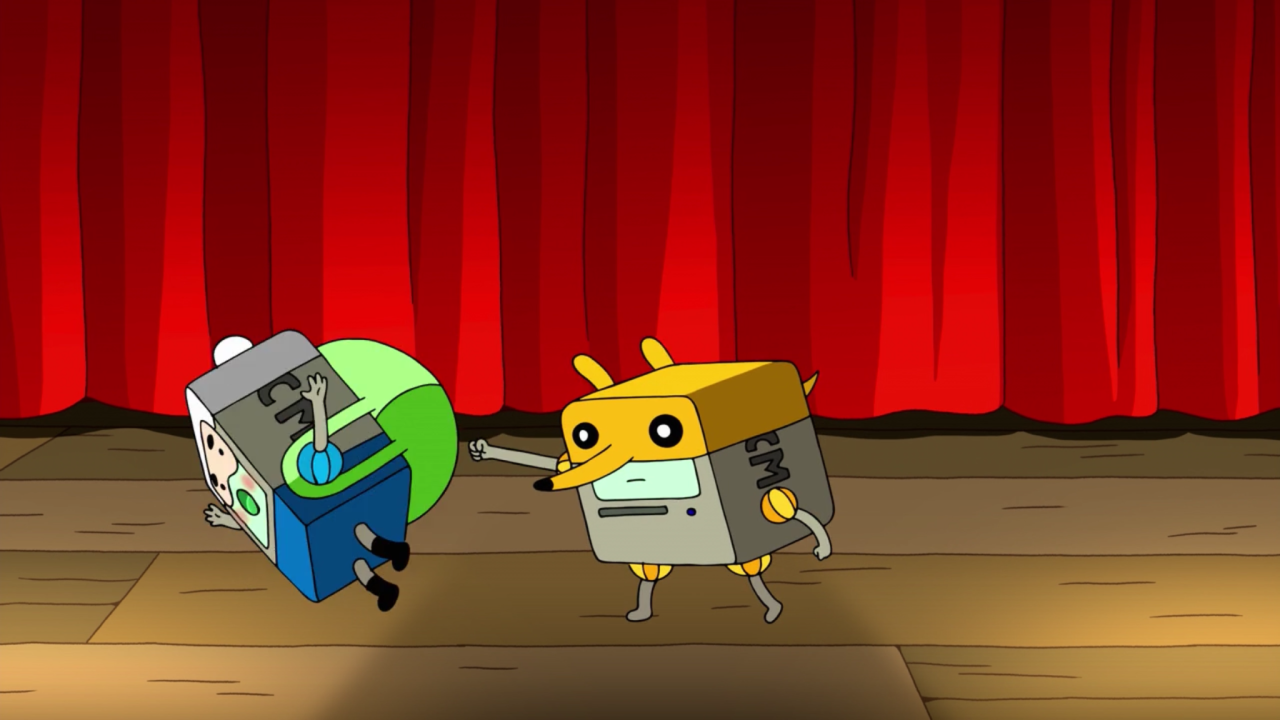Infinite Stairs Are Unacceptable

Chatroom & Study Groups. The /r/Occult Discord server is a voice and text chatroom, with weekly open study and discussion groups. The moderation team of the discord is distinct from the moderation team of this subreddit Thus, the r/occult mods have neither the authority nor the ability (and likely not the inclination) to unban you from the Discord Please don't ask.
Thief Gold - Walkthrough/FAQ -THIEF GOLD GUIDEAuthor: StoxyContact: doshemekluta@yahoo.comStarted: 02/06/02Last Modified: 26/08/02To do: There are more.cfg commands I need to test. To date, I have onlylisted the basic 'cheat' commandsMost of the guide needs proof read-ABOUT THIS GUIDEThis guide is written for players of Thief Gold, both beginners, and experts.It is intended to inform and guide, without 'holding the reader's hand' i.e. Itis not a walkthrough.When I said 'beginners and experts', I mean playing on Normal (and I assumeforthe first time); and playing on Expert difficulty. I won't cover Hard and to behonest I have never played on Hard.I have assumed that you are smart enough to read the manual and work out thebasic controls.The only controls I would like to point out are:FORWARD LEAN:LEFT SHIFT + LEFT ALT + WSWIPING AT YOUR FEET:When standing: SWORD SWIPE then immediately LOOK DOWN + CROUCHSCREENSHOT:Alt+f10As for conventions used, I write proper British English, so some words (e.g.'
© Provided by New VisionWe must refuse to accept the unacceptableJacqueline Halima Mgumia & Rainer EbertMoyna cannot sit at the table and eat with the rest of the household. She is the other – in the house, but not a member of the house.
Her humanity is reduced to the work she does.Who she is as a person, those around her do not know. She functions in the background, keeps the household running. She is a six-year-old domestic worker in Dhaka, the capital of Bangladesh.“I wake up at six in the morning and go to bed at midnight. My daily chores include sweeping and wiping the floors and stairs, doing the dishes and laundry, opening the main gate downstairs, switching on machines, a little bit of shopping, cleaning the toilet.” In the morning, her workload is particularly heavy, she tells a researcher with the Bangladesh-based AMRF Society. “I help to prepare breakfast, and I eat two breads for myself in a hurry. The same situation arises during lunch and dinner time; I always eat last.” Moyna has no father, and her mother remarried a man who beat her for no reason, which is why her grandmother sent her to Dhaka to work.
She has never been to school.Her employer does not allow her to watch TV or talk to outsiders and makes her wear worn-out clothes. She is slapped or verbally abused for small mishaps, and brutally beaten and locked up for up to 24 hours without food for what her employer considers more severe offenses.Moyna is one of hundreds of thousands of child domestic workers in the South Asian nation, and her story is far from unique. It could as well have been from any other corner of the globe.Child labor in domestic work is pandemic. The International Labour Organization estimates that more than 17 million children around the world are involved in domestic work in a home other than their own. The vast majority of them are girls, and most are below 14 years.Employers often prefer young girls because they can be easily controlled. Unlike the current COVID-19 pandemic, this pandemic is entirely human-made, and it is entirely up to us to eradicate it.
One important reason why eradicating child domestic work is hard is that it is socially accepted in many countries, sometimes even regarded as positive, and as preferable to other work. That is especially true in the case of girls, where domestic work is thought of as offering a protective family environment and a sort of apprenticeship for marriage.In reality, child labor in domestic work often takes place in slavery-like conditions.
Child domestic workers work long and grueling hours, sometimes for very little pay, sometimes just for leftover food and very basic accommodation.Typically, there is no employment contract, and they can be fired at the snap of a finger. They are frequently subjected to degrading treatment, including physical, sexual, and verbal abuse, which can do irreversible damage to their physical and psychological health and wellbeing, or even result in death, as in the recent case of Salome Zacharia, which sent a shock wave through Tanzanian society.Salome was only 17 years old and working in a household in the Arusha Region in the north of the country. Her employer accused her of stealing fifty thousand shilling, the rough equivalent of twenty U.S. Dollars, and beat her with a stick until she was covered with blood to find out where the money was.Once the girl confessed to have sent the money to her mother who was in need, her employer locked her up in a room without food for two days, when a concerned neighbor convinced the employer to take the girl to a hospital because of her deteriorating condition.Salome died in the hospital a few days later. When law enforcement officers and the media investigated the incident, they found that it was the daughter of the household who stole the money and gave it to Salome.While the media typically focuses on such extreme excesses of violence against child domestic workers, we need to pay more attention to practices that may seem innocuous but carry an insidious message that lays the foundation for violence. Expecting child domestic workers to sleep and eat on the floor, hidden away in the kitchen or some small room, collectively referring to them as “those kind of people,” as in “You know those kind of people steal,” disproportionately berating them for minor mistakes, to give just a few common examples, is treating them as less than human – and that opens the door for cruelty.We also need to see the larger context of power and gender relations. As long as it is seen as okay for a man to beat a woman, or for an adult to beat a child, how can we expect people to understand that it is not okay to beat a domestic worker?
Quest of dungeons wii u. When we observe behavior that denies the equal respect owed to everyone, regardless of gender, age, or social status, we should be outraged by the indignity of it. But outrage is not enough. We need to say and do something, rather than look the other way.
Wecannot keep telling ourselves, “That is just how things are,” because that is not how things have to be. Social attitudes can be changed. It is unacceptable that societies around the globe accept that some children are being deprived of their fundamental rights and robbed of their childhood.Let us no longer accept what is unacceptable.

We must do better, and we cannot wait for governments to solve the problem. Child labor in domestic work is foremost a social problem, and it is up to each one of us to act now.Dr. Jacqueline Halima Mgumia is a Lecturer in the Department of Sociology and Anthropology at the University of Dar es Salaam.
Rainer Ebert is a Fellow of the Oxford Centre for Animal Ethics, and can be reached at www.rainerebert.com.
- суббота 21 марта
- 52